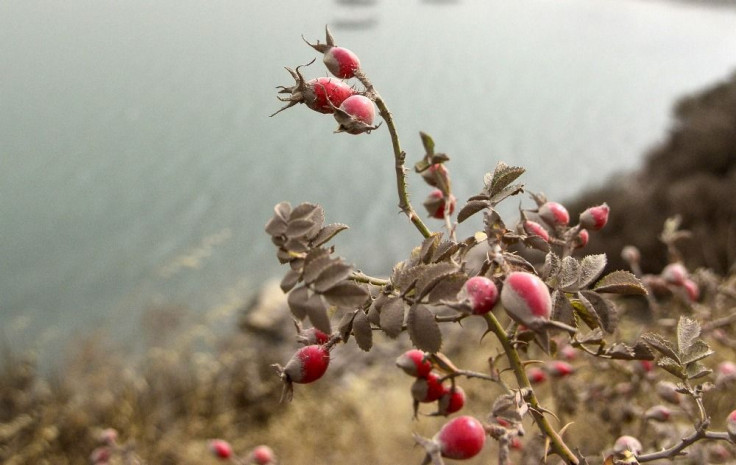Rosehip Extract Could Be An Alternative Treatment For Breast Cancer

A new study has found that rosehip extracts can help reduce breast cancer cell development and migration. The natural extract was found to have an effect on a certain type of breast cancer known as triple negative.
Researchers from North Carolina Agricultural and Technical State University performed the study, which was presented at the American Society for Pharmacology and Experimental Therapeutics annual meeting on March to April.
The study involved treating triple negative tissue cultures with natural rosehip extract at various concentrations. Tissue cultures that were exposed to the highest concentration, which was 1.0 mg/ml, showed a reduced cancer cell proliferation by 50 percent. In addition, with more experiments conducted, the extract also showed effect against MAPK and Akt enzymes, which are responsible for the growth and spread of triple negative cancer cells.
Rosehip extract has been found to have more than just the ability to arrest the spread of triple negative breast cancer cells. Scientists have also found that the extract also helps enhance effects of some chemotherapy drug.
For instance, the extract was found to enhance the effects of doxorubicin, helping the drug control cell proliferation. The results of the study only suggest that the extract can be an additional therapy to an existing triple negative breast cancer treatment regimen.
Triple negative breast cancer is so called because the cells in this type of tumours lack the three growth factor receptors that chemotherapeutic drugs usually target. As a result, treatments for this type of cancer are usually ineffective, and high death rates are recorded for patients who do not go into remission. Lead researcher Patrick Martin only hopes that their study and future studies will make rosehip extract a recommended treatment in preventing breast cancer or as an additional treatment to an existing regimen.
To report problems or leave feedback on this article, email: wendylemeric@gmail.com.





















